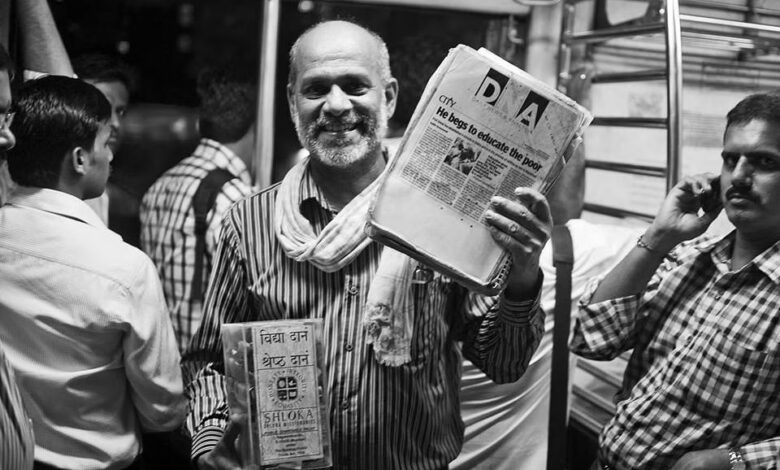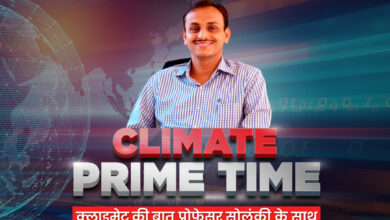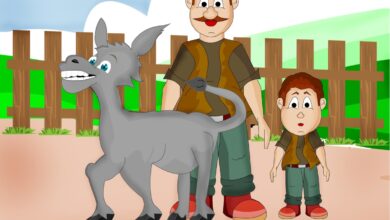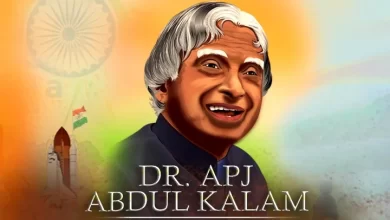Professor Sandeep Desai

Sipping a cup of tea at his Goregaon home, Sandeep Desai chuckles as he recalls the first day he boarded a local train with an agenda in mind and a transparent acrylic box in his bag almost seven years ago.
Then suddenly, Desai decided it was time. “I told myself, it’s now or never,” he says. He took a deep breath and yelled —
Vidyaa Daanam – Shreshtha Daanam
Gramin shetron mein hum angrezi maadhyam ki nishulk schoolein chalate hain.
Agar aap kisi bhukein koi khaana khilaate hai uska palan aap sirf ek samay karte hai
Agar aap usi ko shiksha dete hai toh usko aap zindagi bhar aone pairon par khada kar dete hai,” says Desai.
(Education is the best gift you can give every child.
We run free English medium schools in rural India.
If you feed the hungry, you just feed them once, but when you fund a child’s education, you make him independent forever.)
While nobody dared to give him a single currency note back in the day, he made Rs 700 in coins of different denominations on day one. And since then, there was no turning back
The earliest inspiration in the life of this man who imbibed the value of charity in education, were his parents. While his mother was alive, Shloka Missionaries Trust bought an entire floor of a SRA building under construction to start an English medium school for children living in the slums. They used the funds they collected under their own Shloka Missionaries trust, for this purpose. The school, named The Shloka Missionaries Public School, worked from the same building until end of academic year 2013-14, where over 800 students studied in two shifts, up till 8th grade.
When the Right to Education Act was passed in 2009, the Supreme Court, after much debate mandated, that all private schools provide free & compulsory education to at least 25% students of their new admissions. Desai then decided to shut down the Goregaon school and set up English medium schools in rural areas, that typically do not have access to good education, and very few English medium schools. Yavatmal, a drought-hit district in Maharashtra, was a natural choice.
However, the road to raising funds was not easy.
For the longest time, the funding came from the workshops Desai and Islam conducted on creativity, advertising, and communication skills. But it wasn’t really charity because they earned those funds as fees for workshops, which were used to run the school.
But now, they were looking at a model where people would contribute without expecting a service in return. This need to raise funds let to Desai begging on local trains.












